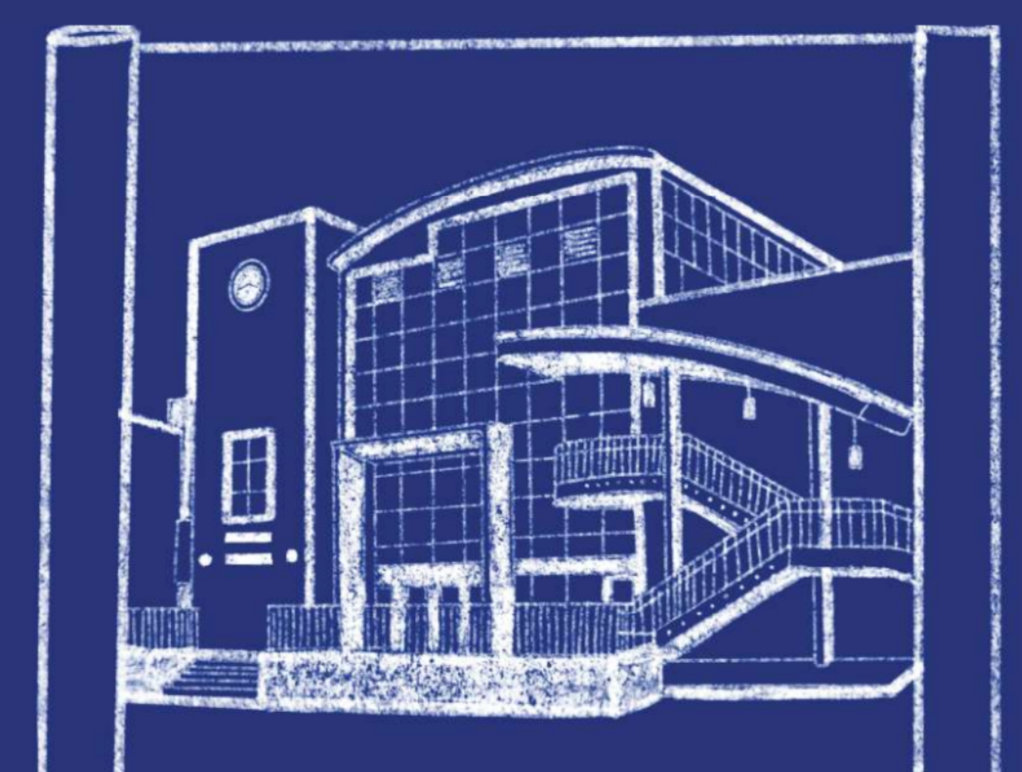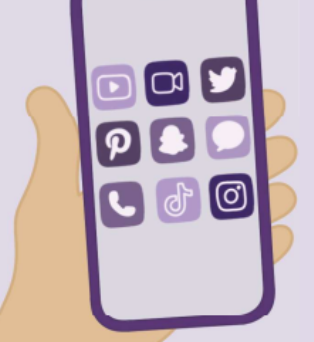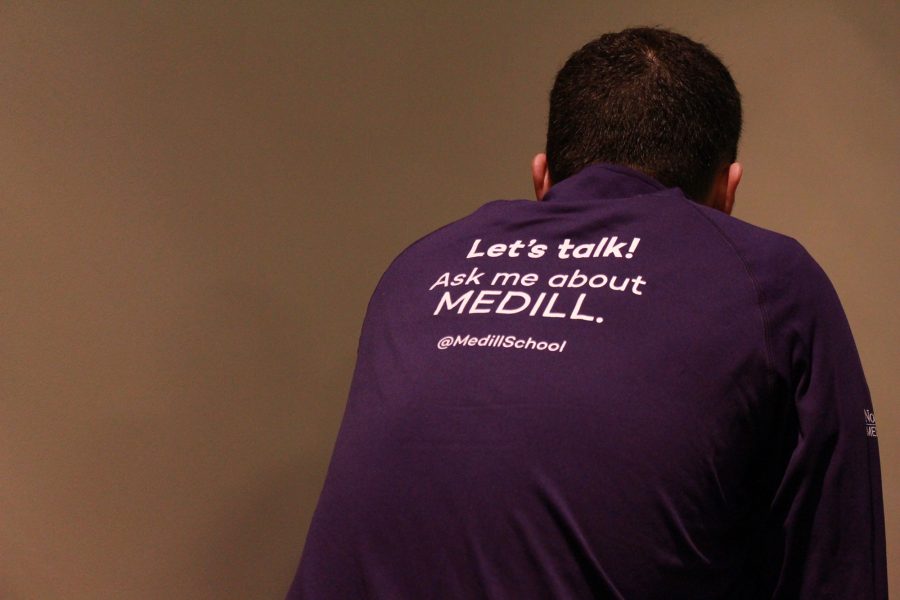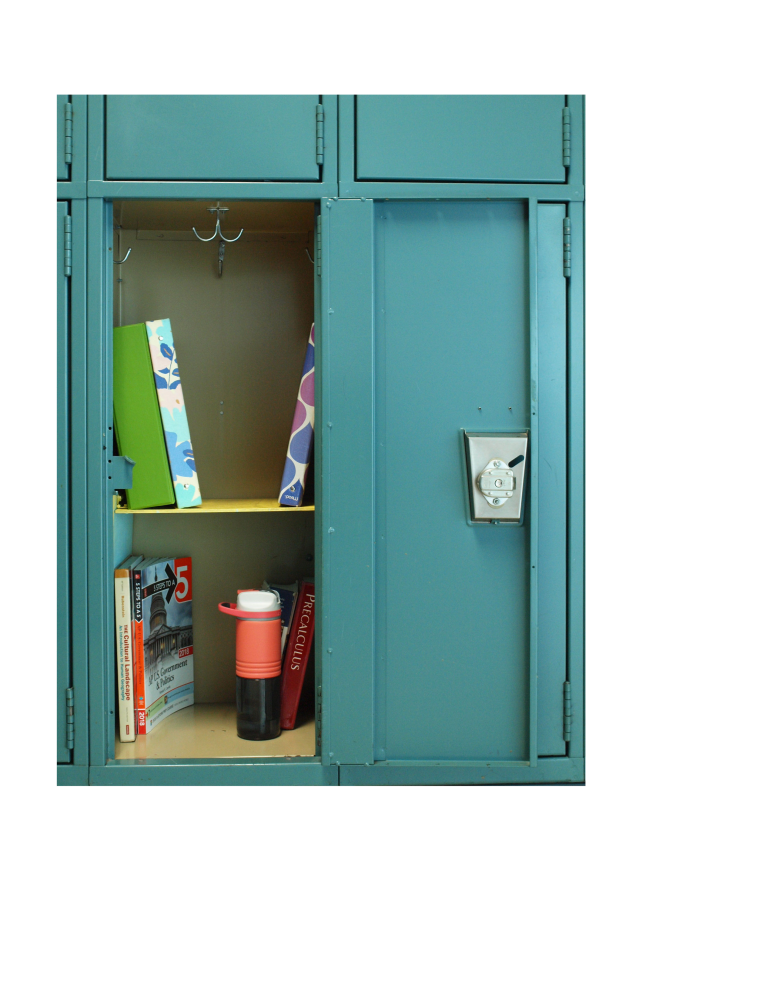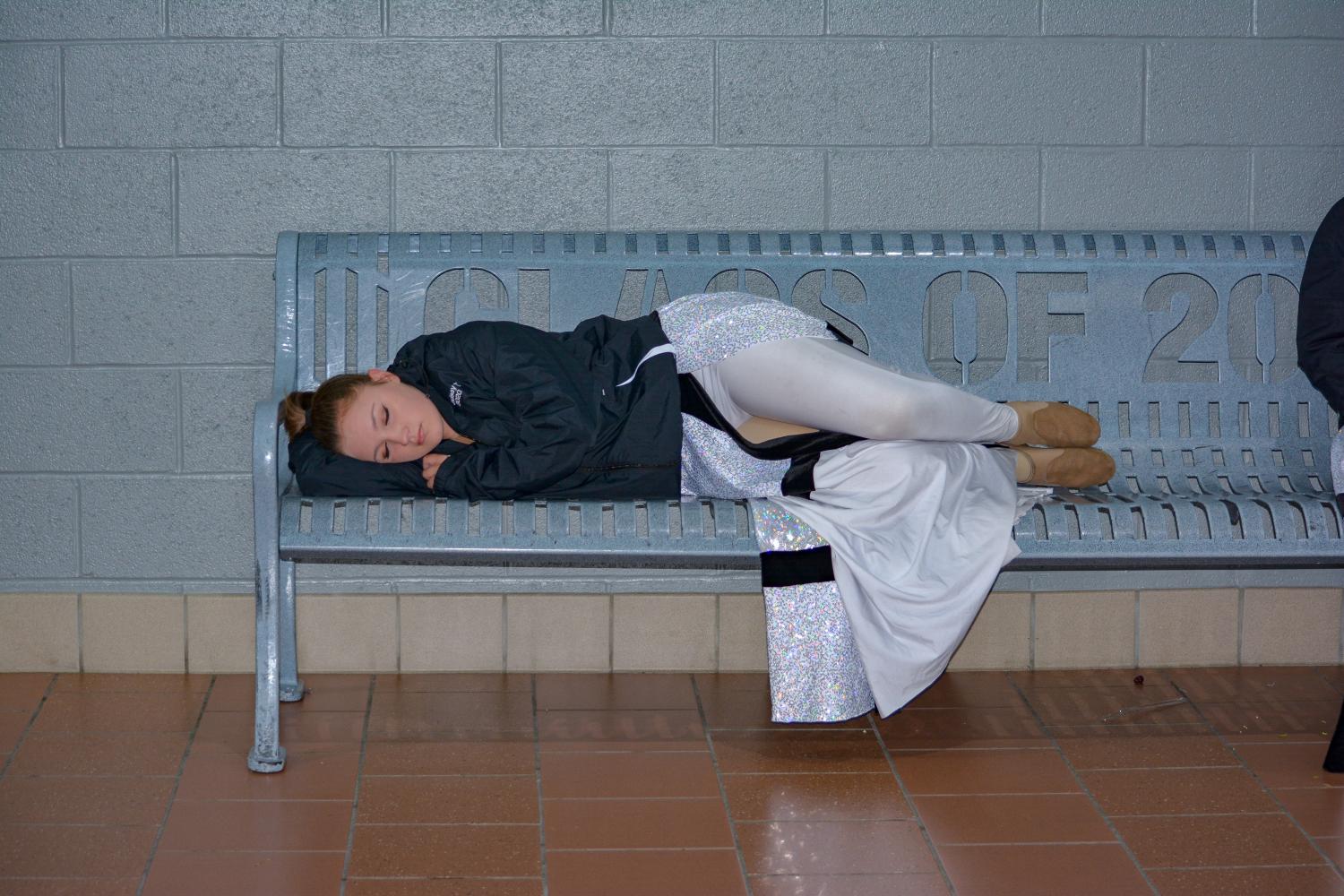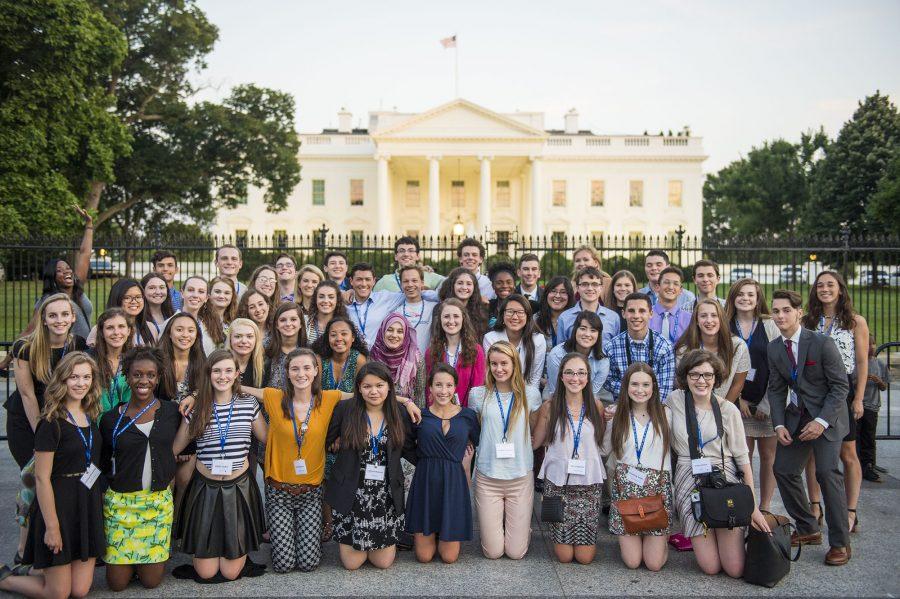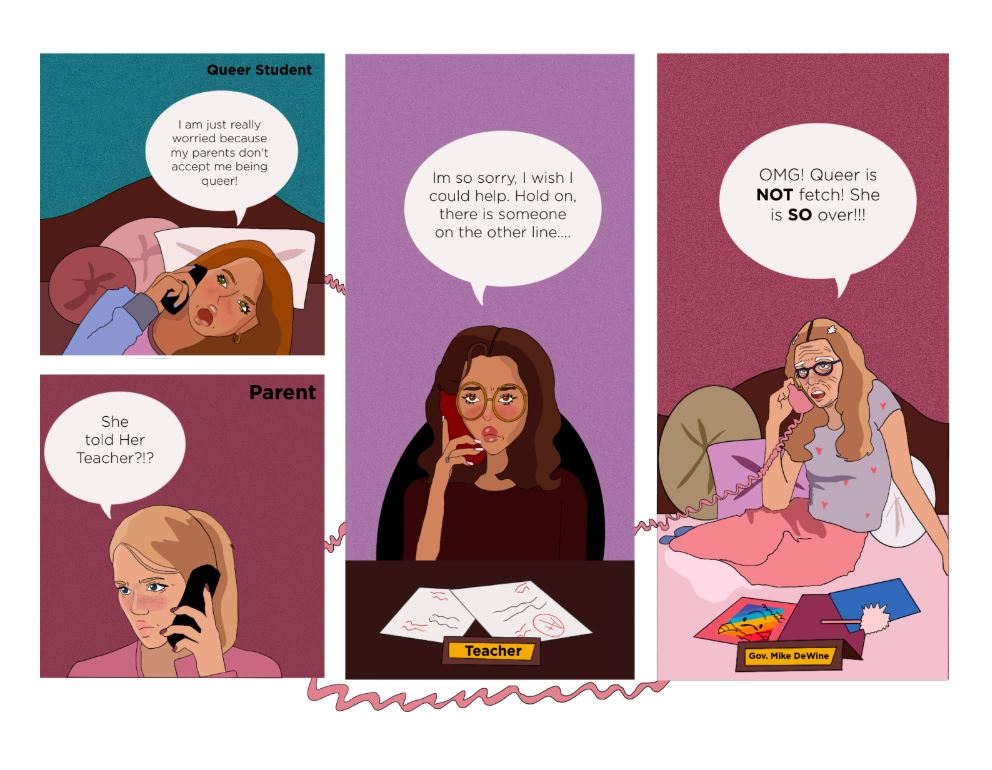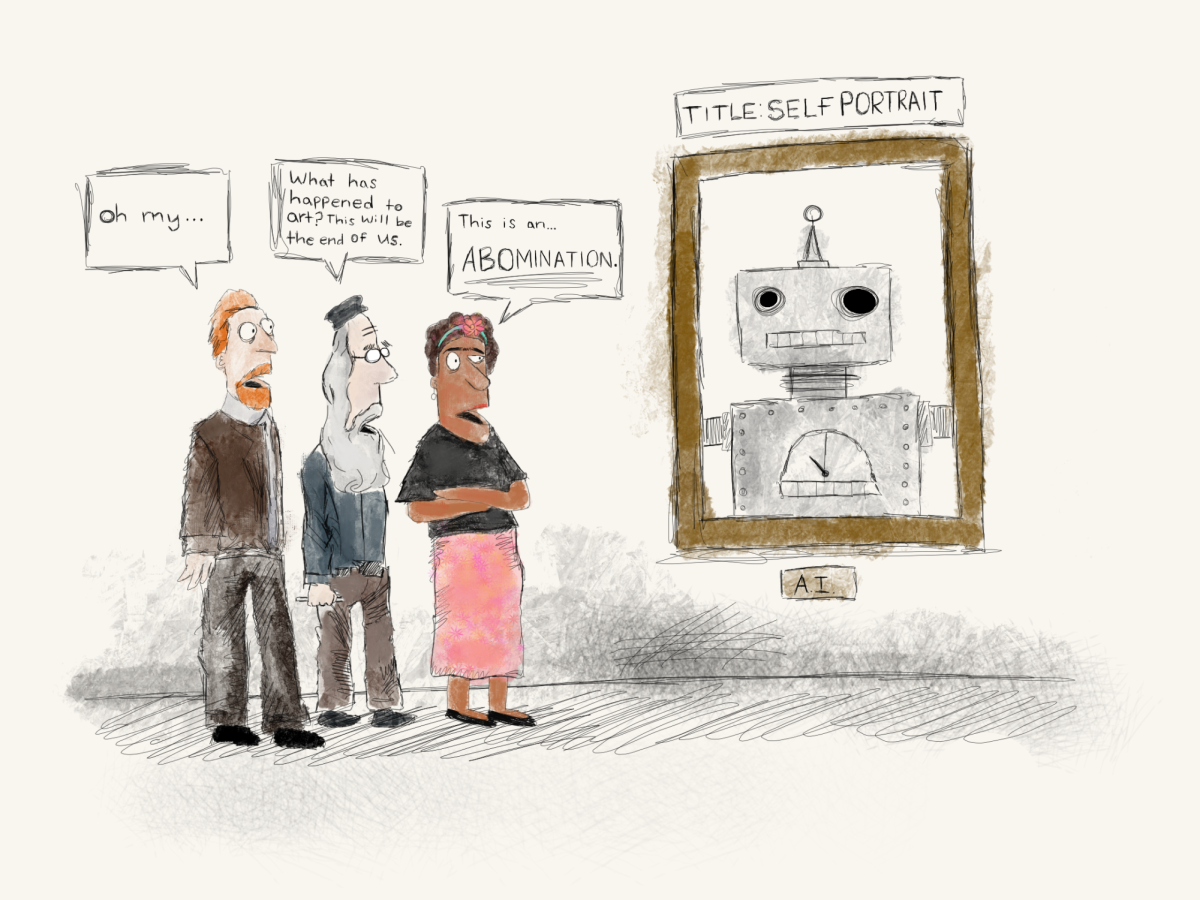As the internet infiltrates more and more parts of daily life, it seems that everything is moving online. It is hard not to wonder if libraries are next in becoming a thing of the past. With the wide-spread availability of e-books, audiobooks, and streaming services, checking out books and DVDs from the library has become less popular over the years.
According to the Institute of Museum and Library Services (IMLS), the number of in- person visits to public libraries dropped 49%. From 2019 to 2022 alone, the visits dropped from 1.25 billion to 671 million.
As their functions shift to being available entirely online, the need for brick-and-mortar libraries seemingly becomes more obsolete. This decrease in necessity has led to a decrease in funding in past years, which has been detrimental for some libraries.
In the Fiscal Year 2025 proposal, the House of Appropriations Committee proposed a 15% decrease in funding for the Library Services and Technology Act.
Budget cuts for libraries can cause drawbacks like shorter open hours, a decrease in the amount of books purchased, and permanent closure in some extreme cases.
The IMLS reported a decrease in the number of print books held in U.S. libraries. In 2022, there were 162 million fewer books on shelves than in 2010, which is a 20% drop.
Though people can access audiobooks and ebooks online, many important facilities provided by libraries cannot be replaced digitally.
According to a study done by the Pew Research Center (PRC) in 2016, 77% of Americans say that access to computers and Wi-Fi is an important service that libraries provide. Not only do libraries offer free book rental and free internet access, they provide a place where anyone in the community can spend time without having to spend money.
Shopping malls, coffee shops, arcades, restaurants, and almost any other public place people commonly get together all involve purchasing something.]
A 2019 poll done by Gallup found that library visits were more common among residents of low income households. Families who cannot afford computers or that do not have access to the internet cannot benefit from libraries moving online, and it is these families that would be especially hurt by closing the doors of an important community resource.
In May of 2024, the Dayton Metro Library announced that it would be closing its main branch every Sunday to cut costs in response to a decrease in funding.
Locals raised concerns with this decision, arguing that the new hours would be inconvenient for those who used the library’s computers and Wi-Fi for schoolwork. Most other local libraries close on Sundays, so this branch was the only option for many who relied on its facilities over the weekend.
According to a study done by PRC in 2016, parents of children under 18 were more likely to report frequent library visits than non- parents or parents with adult children. Whether it is for their teenagers to do homework on the computers or for their younger children to pick out a few books to read for fun, many families that frequent libraries for these reasons would not benefit from being able to digitally download books.
PRC reported in 2017 that 69% of Americans view libraries as an integral part of their community as they provide a safe space for people to spend time and 66% said they would be negatively impacted if their local libraries were to close.
The days of lugging around heavy textbooks, collecting ticket stubs, and carrying a checkbook might be over, but libraries will not be so quick to die out.
On the Nov. 5 ballot, Butler County residents have the choice to vote on a tax levy that would benefit the MidPointe Library District. With the levy funds, MidPointe would be able to increase their operating hours, and offer more resources to the community.
Libraries may not be the epicenter of communities like they once were, and many people might be able to find what they need online, but they are still a vital part of many peoples lives.


